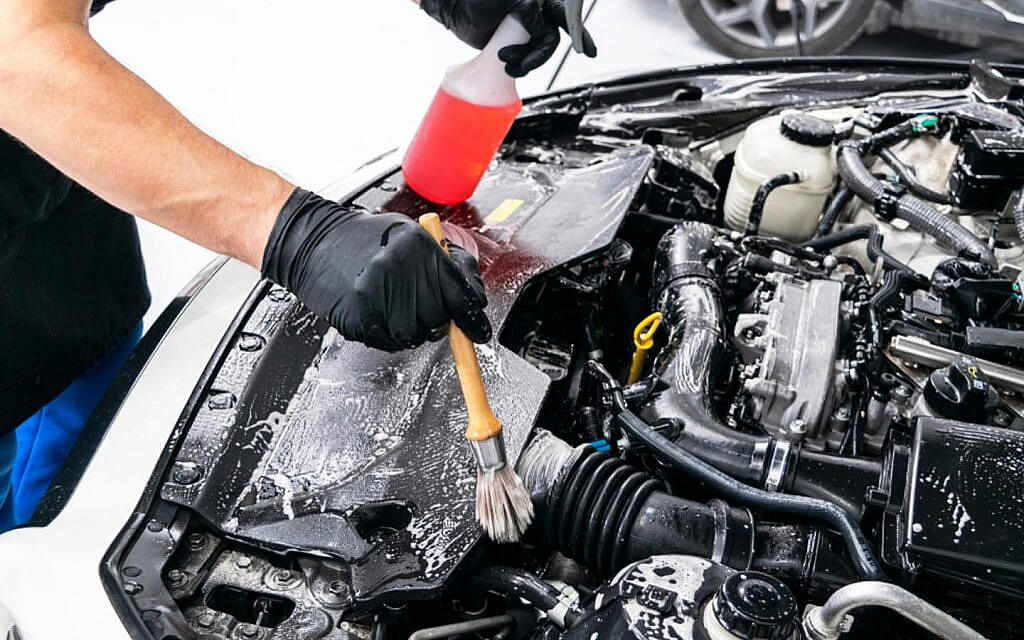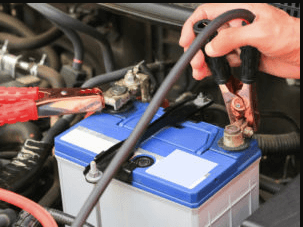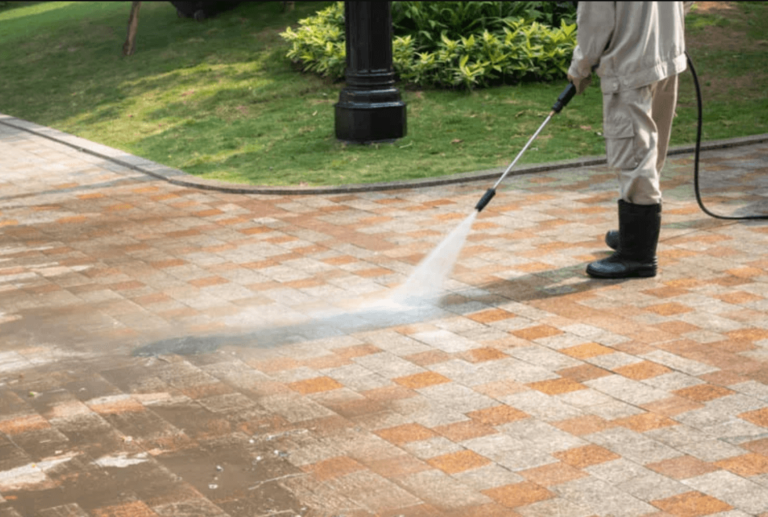Engine Cleaning Service: Enhancing Performance and Prolonging Lifespan
Does your engine seem sluggish, making unusual noises, or emitting more exhaust fumes? If so, it might be time to consider an engine cleaning service. Regular maintenance and upkeep of your vehicle’s engine are essential to ensure optimal performance and prolong its lifespan. In this article, we will explore the benefits of engine cleaning, the process involved, and why it is crucial for maintaining your vehicle’s health.
1. Introduction: The Importance of Engine Cleaning
The engine is the heart of your vehicle, and over time, it can accumulate deposits and contaminants that hinder its performance. Engine cleaning is a crucial maintenance task that involves removing these deposits and contaminants, ensuring optimal functionality and efficiency. By keeping your engine clean, you can enjoy a smoother and more responsive driving experience while preventing potential issues down the road.
2. Signs Your Engine Needs Cleaning
It’s essential to recognize the signs that indicate your engine requires cleaning. Some common indicators include:
- Reduced acceleration and power
- Increased fuel consumption
- Rough idling or stalling
- Unusual engine noises
- Excessive exhaust smoke
- Check engine light illumination
If you notice any of these signs, it’s wise to consider an engine cleaning service to address the underlying issues and restore your engine’s performance.
3. Benefits of Engine Cleaning
3.1 Enhanced Performance
By eliminating carbon deposits, sludge, and other contaminants, engine cleaning helps restore the engine’s efficiency and power. This results in improved acceleration, smoother operation, and overall enhanced performance.
3.2 Improved Fuel Efficiency
Over time, carbon deposits can accumulate on fuel injectors and intake valves, affecting the fuel-air mixture and combustion process. Engine cleaning ensures proper fuel atomization, leading to improved fuel efficiency and reduced fuel consumption.
3.3 Reduced Emissions
Clean engines produce fewer harmful emissions, contributing to a cleaner environment. Regular engine cleaning helps remove carbon build-up that can lead to increased exhaust emissions, allowing your vehicle to meet emissions standards more effectively.
4. The Engine Cleaning Process
Proper engine cleaning involves several essential steps to ensure a thorough and effective cleaning. Here’s an overview of the process:
4.1 Preparing for Cleaning
Before starting the cleaning process, ensure your vehicle is parked in a well-ventilated area and the engine is cool. Disconnect the battery and cover sensitive electrical components to prevent any damage during cleaning.
4.2 Using Engine Cleaning Products
Choose a high-quality engine cleaning product designed to remove carbon deposits, sludge, and varnish. Follow the product instructions carefully, and apply it to the engine surfaces as directed.
4.3 Flushing and Removing Deposits
After applying the cleaning product, allow it to penetrate and dissolve the deposits. Use a soft brush or cloth to gently scrub the engine surfaces and dislodge any stubborn build-up. Rinse the engine thoroughly with clean water to flush away the loosened deposits.
5. Professional Engine Cleaning Service
While some vehicle owners prefer to clean their engines themselves, professional engine cleaning service offer several advantages:
5.1 Choosing the Right Service Provider
When selecting a professional cleaning service, consider their expertise, reputation, and customer reviews. Look for certified technicians who specialize in engine cleaning and have experience working with your vehicle’s make and model.
5.2 Benefits of Professional Cleaning
Professional engine cleaning employ advanced equipment and specialized cleaning agents to ensure a thorough and effective cleaning. They can address specific engine issues and provide personalized recommendations for optimal performance and longevity.
6. DIY Engine Cleaning Tips
If you’re confident in your DIY skills, here are some tips to help you clean your engine safely and effectively:
6.1 Safety Precautions
Before starting the cleaning process, ensure you wear protective gloves and eyewear. Disconnect the battery to avoid any electrical mishaps, and cover sensitive components to prevent damage.
6.2 Recommended Cleaning Products
Choose engine cleaning products that are specifically formulated for your engine type and follow the manufacturer’s instructions for proper usage. Using the right products ensures optimal cleaning without causing any damage.
7. Maintaining a Clean Engine
After cleaning your engine, it’s crucial to implement proper maintenance practices to keep it in optimal condition:
7.1 Regular Oil Changes
Regularly change your engine oil and replace the oil filter as recommended by the vehicle manufacturer. Clean oil helps lubricate and protect the engine, preventing the build-up of harmful deposits.
7.2 Using Quality Fuels and Additives
Use high-quality fuels that contain detergents to keep your engine clean from the inside. Additionally, consider using fuel additives that help prevent carbon build-up and maintain fuel system cleanliness.
7.3 Air Filter Maintenance
Inspect and replace your air filter regularly to ensure proper airflow and prevent the entry of contaminants into the engine. A clean air filter promotes efficient combustion and helps maintain engine cleanliness. Read more…
8. Conclusion
Engine cleaning is a vital aspect of vehicle maintenance that can significantly impact performance, fuel efficiency, and the overall lifespan of your engine. By investing in regular engine cleaning, whether through professional services or DIY methods, you can ensure a cleaner, healthier engine that operates optimally for years to come.
FAQs (Frequently Asked Questions)
1. How often should I clean my engine? Engine cleaning frequency depends on several factors, such as driving conditions and maintenance practices. It is generally recommended to clean your engine every 30,000 to 50,000 miles or as advised by your vehicle manufacturer.
2. Can engine cleaning solve all engine-related issues? While engine cleaning can address certain issues like carbon deposits and build-up, it may not resolve all engine problems. If you’re experiencing significant performance issues or engine malfunctions, it’s best to consult a professional mechanic for a thorough diagnosis.
3. Is engine cleaning safe for all vehicle types? Yes, engine cleaning is safe for most vehicle types when performed correctly. However, it’s crucial to follow the manufacturer’s guidelines, use appropriate cleaning products, and take necessary safety precautions during the cleaning process.







